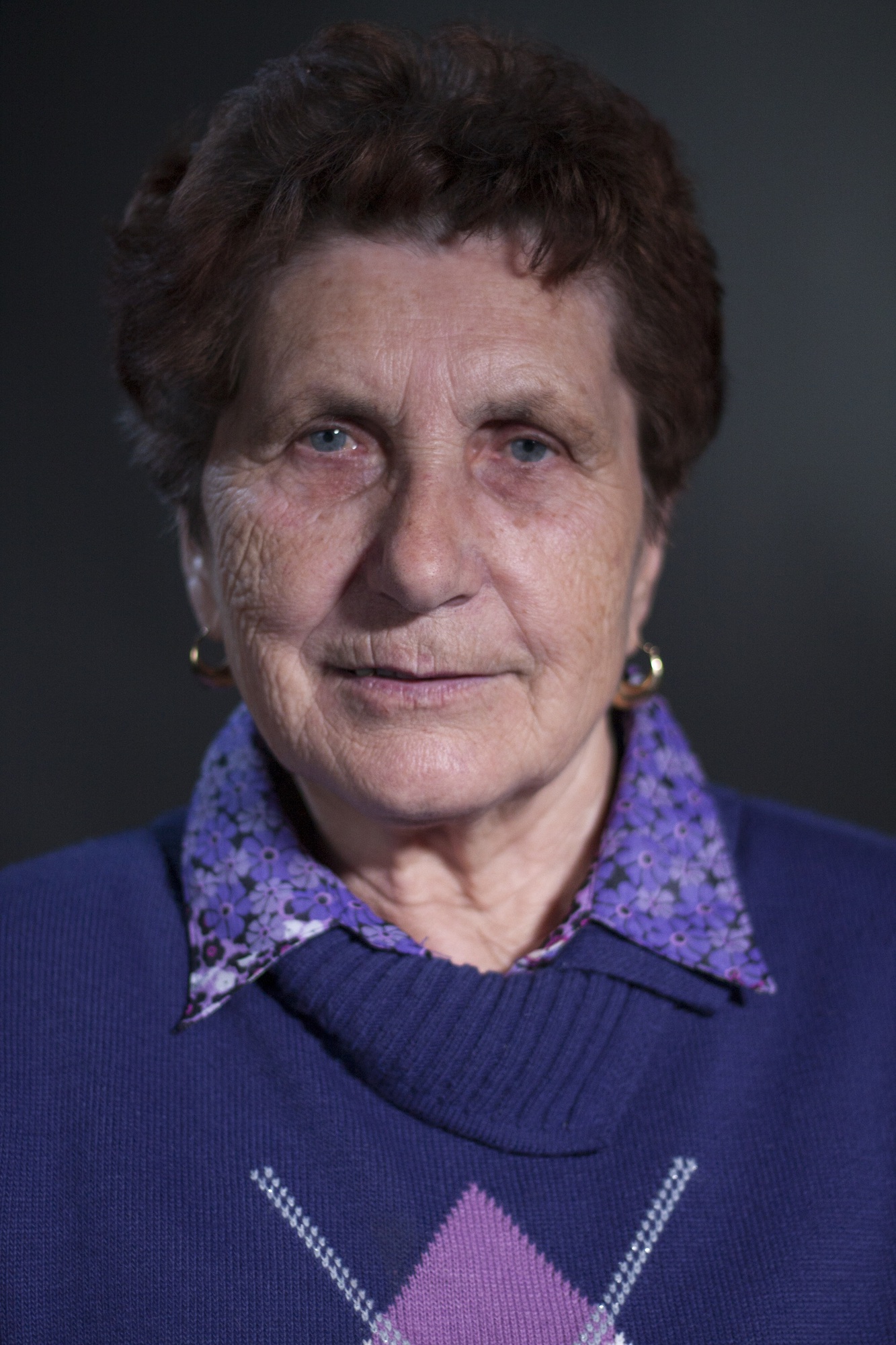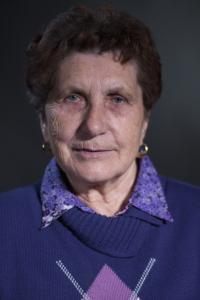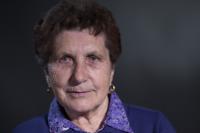“What they could break, they broke, what they could take, they took.”

Download image
Anežka Lišková, née Hrnčeříková, was born on the 18th of July 1933 as the eldest of nine children. Her family owned a farm in Štítná nad Vláří. She graduated from a medical school in Zlín and then started work at the hospital in Uherské Hradiště. She was the class year of civilian nurses that replaced the hospital’s religious nurses (nuns). She later worked for two years at the medical school in Zlín, and subsequently at the medical school in Uherské Hradiště. She married the former political prisoner František Liška (who had served his sentence from March 1949 to November 1956), who was persecuted for his father’s membership in the anti-state group Světlana-Makyta.

